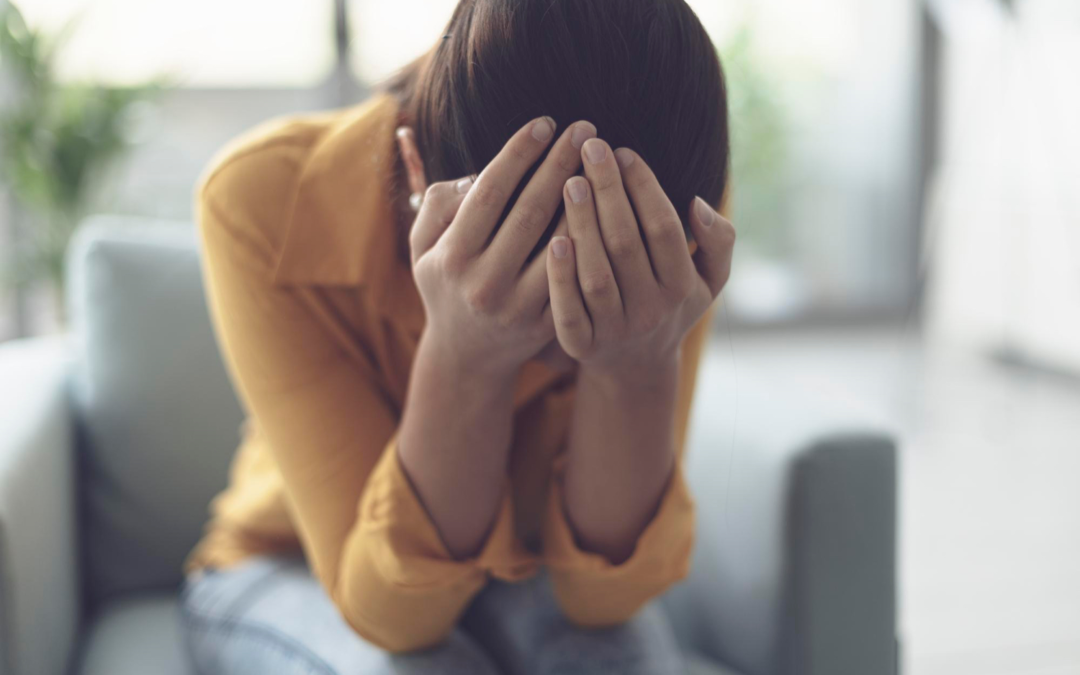Anxiety and addiction often create a vicious cycle, where each feed into the other, making it difficult for individuals to break free. Understanding the link between these two conditions is the first step toward recovery.
Understanding the Connection Between Anxiety and Addiction
Anxiety and addiction are closely connected. Anxiety can lead to substance use to cope with overwhelming emotions. However, this temporary relief often leads to addiction, as the body becomes dependent on the substance to manage anxiety. Over time, the addiction itself can worsen anxiety, leading to a cycle that’s hard to escape.
How Anxiety Fuels Addiction
People with anxiety may turn to drugs or alcohol to numb their feelings. The temporary relief they experience reinforces the behavior, leading to repeated use. But this relief is short-lived. Substances like alcohol, nicotine, and drugs can alter brain chemistry, leading to increased anxiety when the effects wear off. This drives the individual to use again, creating a dependency.
The Role of Withdrawal
Withdrawal symptoms from drugs or alcohol can include severe anxiety. As the body and mind react to the absence of the substance, anxiety levels can spike, making it feel impossible to quit. This heightened anxiety during withdrawal can push individuals back into substance use, perpetuating the cycle.
Breaking the Cycle: Strategies for Recovery
-
-
- Dual Diagnosis Treatment: For those struggling with both anxiety and addiction, dual diagnosis treatment is essential. This approach addresses both conditions simultaneously, providing integrated care that can prevent one condition from worsening the other.
- Cognitive Behavioral Therapy (CBT): CBT is effective in treating anxiety and addiction. It helps individuals identify and challenge the thought patterns that drive their anxiety and substance use. By developing healthier coping mechanisms, individuals can manage anxiety without relying on substances.
- Mindfulness and Relaxation Techniques: Practices such as meditation, deep breathing, and yoga can help reduce anxiety and provide a healthy way to cope with stress. These techniques can be powerful tools in breaking the cycle of addiction.
- Support Groups: Connecting with others who have experienced similar struggles can provide valuable support. Groups like Alcoholics Anonymous (AA) or Narcotics Anonymous (NA) offer a sense of community and shared understanding, which can be crucial in recovery.
- Medication: In some cases, medication may be prescribed to manage anxiety symptoms. Anti-anxiety medications or antidepressants can help stabilize mood and reduce the reliance on substances. This should always be done under the guidance of a healthcare professional.
-
The Importance of Self-Care
Recovery from anxiety and addiction requires a focus on self-care. This includes maintaining a healthy diet, getting regular exercise, and ensuring adequate sleep. These practices can help stabilize mood and reduce anxiety, making it easier to stay on the path to recovery.
Seeking Professional Help
Breaking the cycle of anxiety and addiction is challenging, but it is possible with the right support. Seeking help from a professional who specializes in addiction and mental health is a critical step. They can provide the tools and strategies needed to manage anxiety and overcome addiction.
The cycle of anxiety and addiction can be relentless, but it’s not unbreakable. With a comprehensive approach that includes therapy, support, and self-care, individuals can break free from this cycle and move toward a healthier, more fulfilling life. Recovery is a journey, and every step forward is progress toward breaking the cycle for good.


